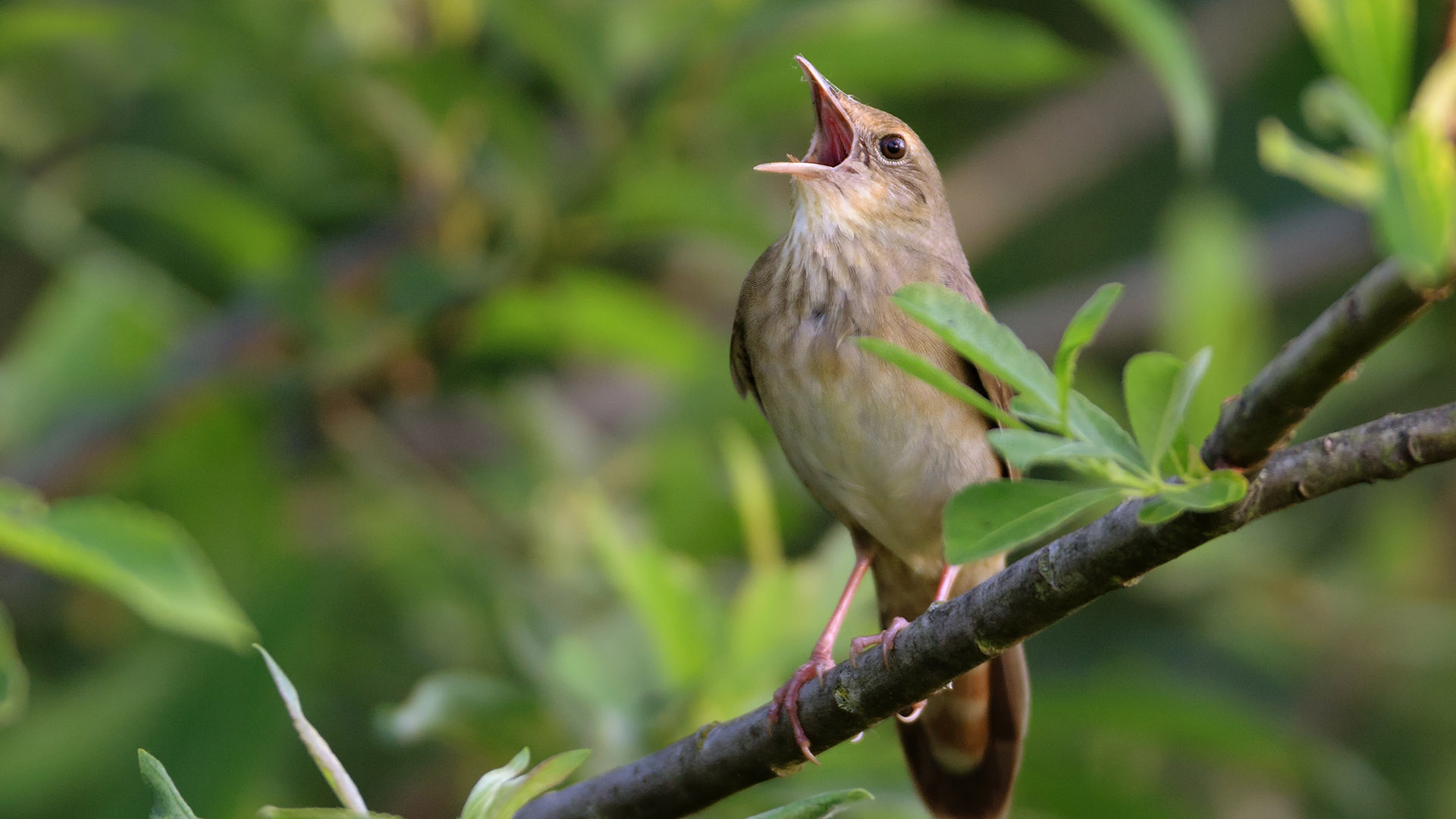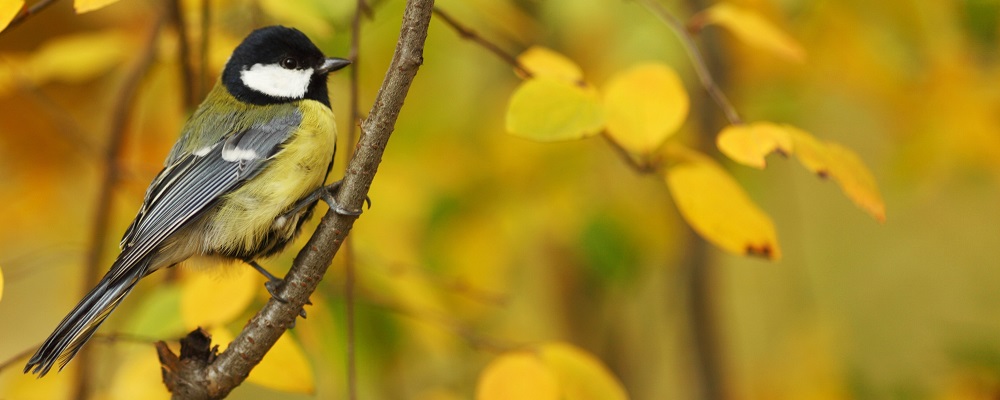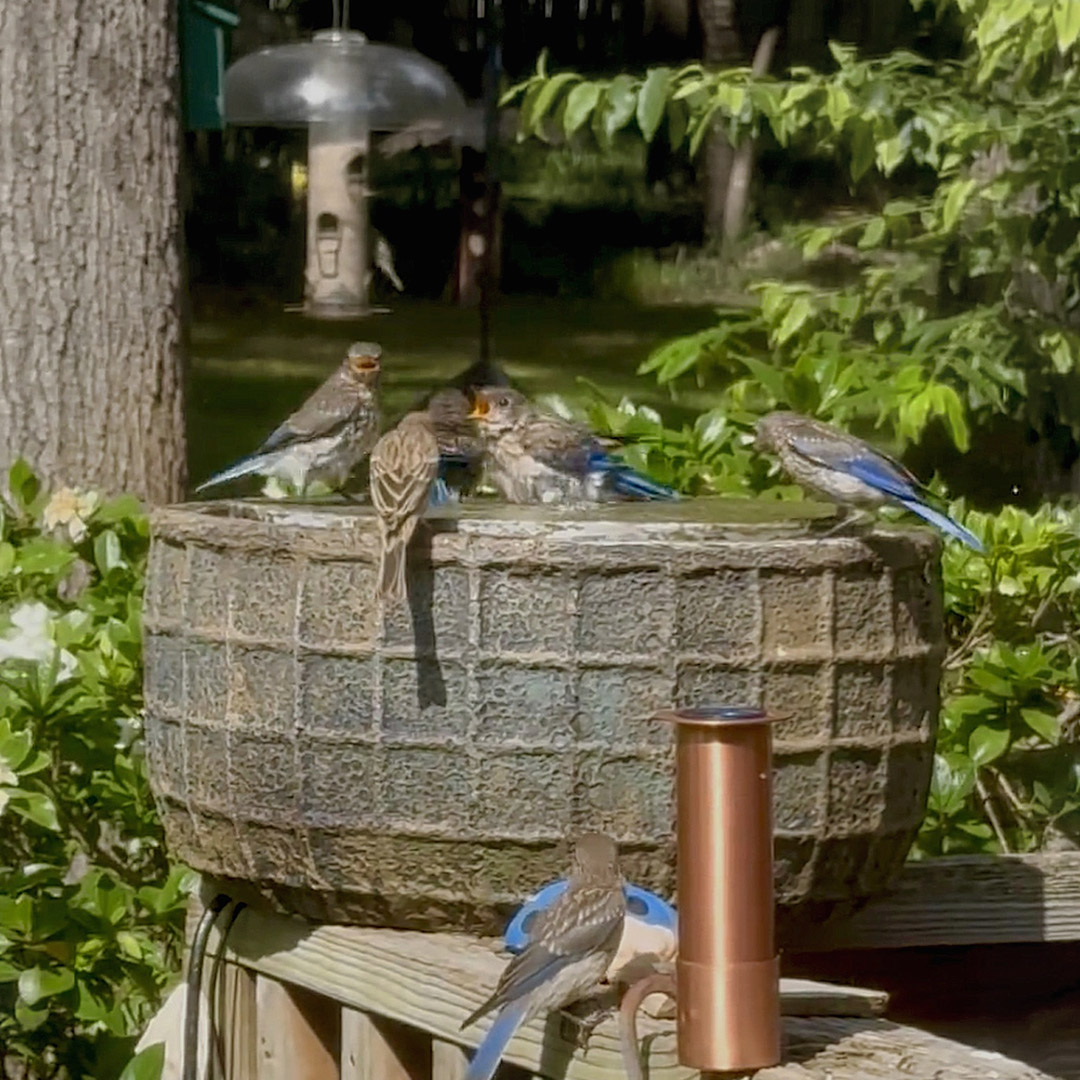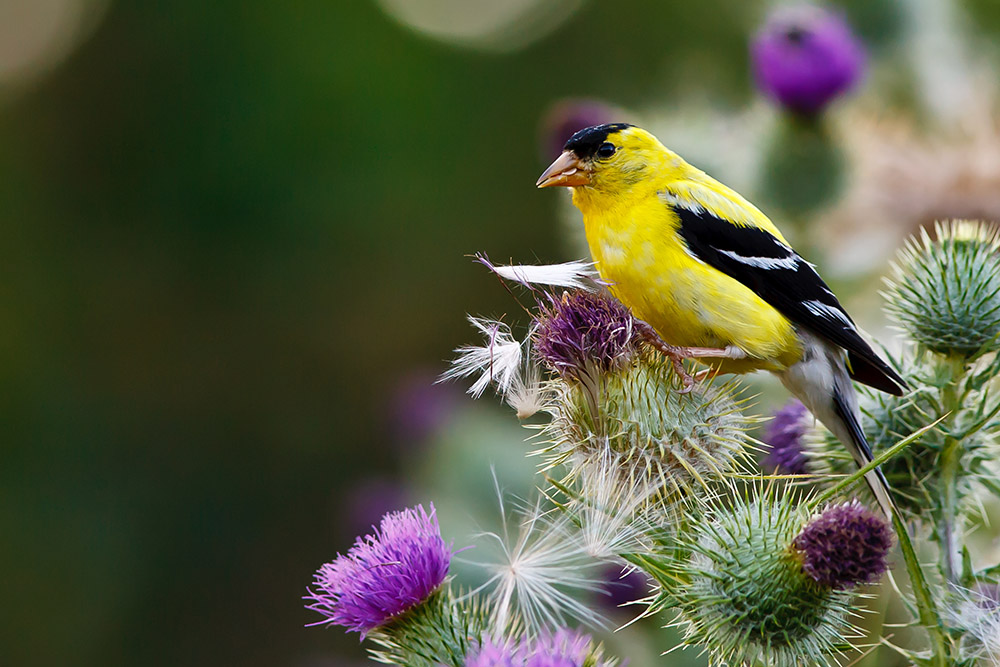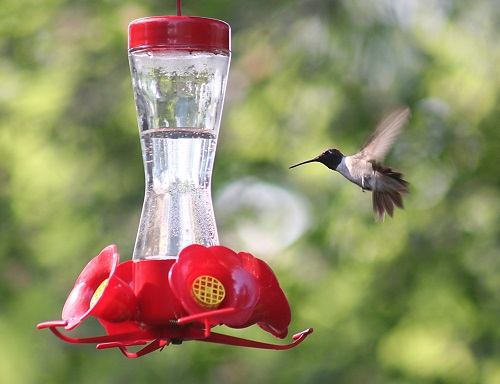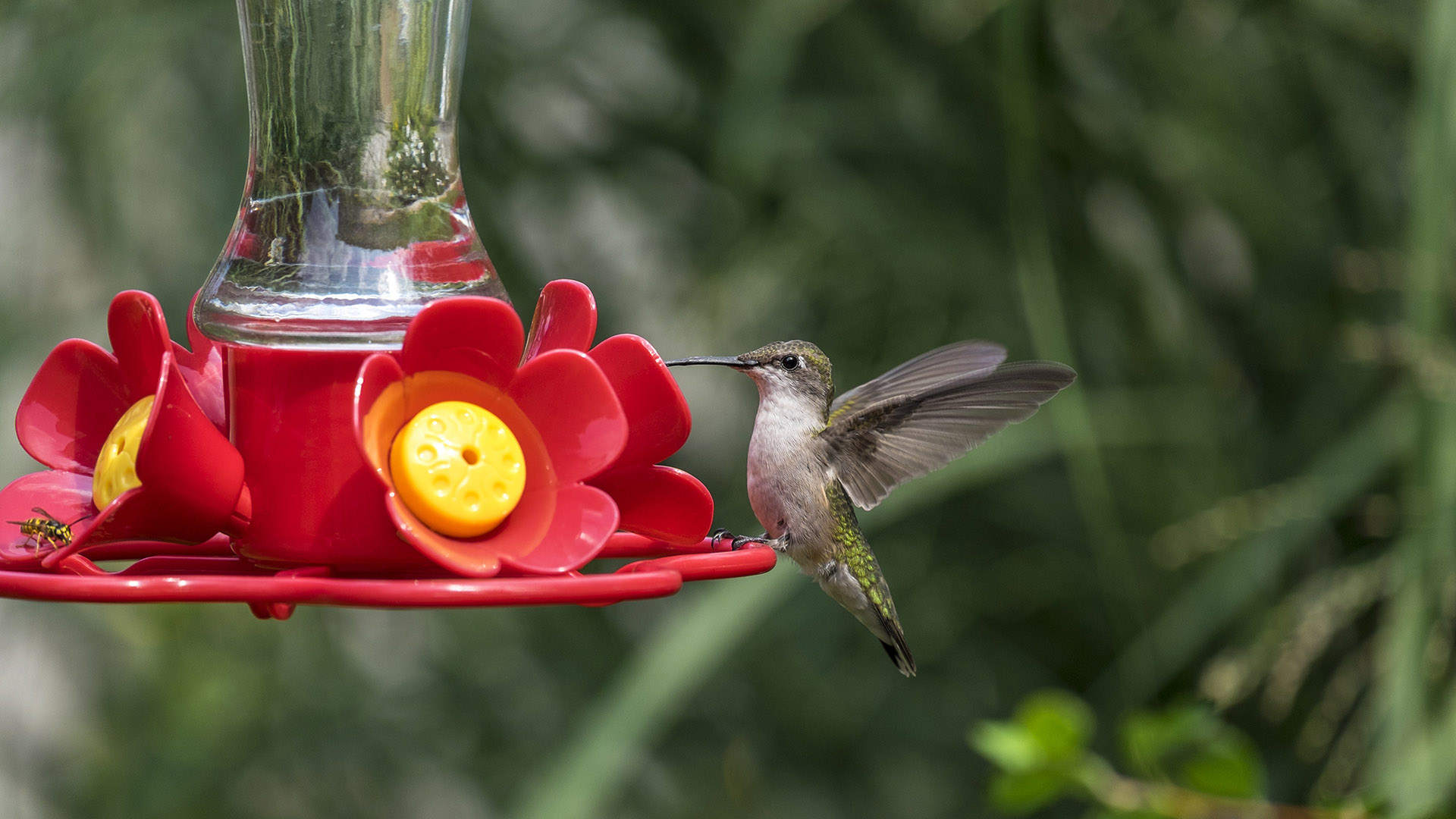Have you noticed the birds singing more now that Spring is here? Their songs are filling the air with life and energy—so much so that you may find yourself wondering: what are they actually saying? If you’ve ever wondered about the meaning behind these beautiful sounds, you’re not alone. According to Sally Roth, author of The Backyard Bird Lover’s Ultimate How-To Guide, there are three main types of bird calls that you can easily learn to recognize—and each one serves a unique purpose in the bird’s daily life.
Dominance Calls: Claiming Territory
The first call, “dominance,” is the most common and the easiest to recognize. This call is like a bird’s own version of a “keep out” sign. Throughout the nesting season, birds will use this call repeatedly to assert their territory and ward off rivals. It’s often a loud, clear song, repeated throughout the day. If you’ve noticed one particular bird singing confidently from a high perch, this is the bird claiming its space. They’re not just singing for the fun of it—they’re marking their territory and establishing boundaries.
Alarm Calls” A Bird’s SOS
Next up is the “alarm” call—an urgent and frantic sound that birds use to warn others of danger. Whether it’s a predator in the area or an unwelcome intruder, the alarm call is sharp, quick, and filled with urgency. The tone varies depending on the species, but the message is always the same: danger is near, and you need to act fast. Unlike the melodious tones of the dominance call, the alarm is often a rapid, jarring burst of sound. Once you learn to tune into these calls, you’ll be able to hear the panic and distress in the bird’s voice. It’s nature’s own emergency alert system.
Love Calls: Soft Serenades
Next up is the “alarm” call—an urgent and frantic sound that birds use to warn others of danger. Whether it’s a predator in the area or an unwelcome intruder, the alarm call is sharp, quick, and filled with urgency. The tone varies depending on the species, but the message is always the same: danger is near, and you need to act fast. Unlike the melodious tones of the dominance call, the alarm is often a rapid, jarring burst of sound. Once you learn to tune into these calls, you’ll be able to hear the panic and distress in the bird’s voice. It’s nature’s own emergency alert system.
In Conclusion
As the season unfolds and more birds are active in your backyard, try tuning in to these calls and see if you can identify which type of call you’re hearing. The next time you hear a bird singing, remember—there’s likely much more to that song than meets the eye. Whether it’s defending territory, signaling danger, or wooing a mate, each call plays an essential role in the bird’s life.
About Backyard Birds
Backyard Birds is an independent, family-owned wildlife specialty store founded by the late Roger Ford in 1996. We offer everything you need from creating an inviting wildlife habitat to finding unique gift items for nature lovers.
Visit our store and meet our friendly, knowledgeable staff. We are passionate about birding and would be happy to answer any questions. Give us a call or stop by our store to tell us when you’ve spotted those migrating birds in your backyard. We enjoy hearing from you!

